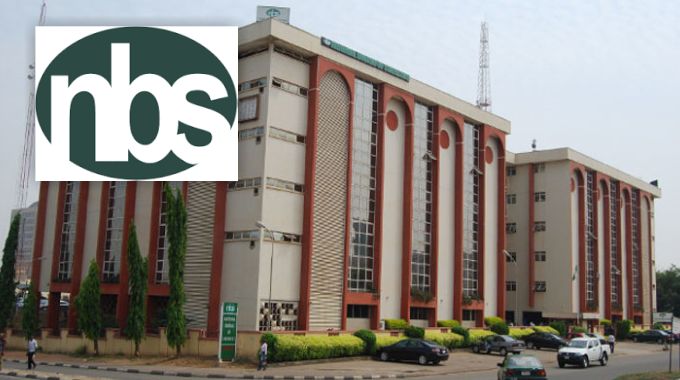Inflationary effect on real estate in Nigeria
The National Bureau of Statistics (NBS) recently informed Nigerians officially that the inflation rate currently hovers between 30-32 per cent. This is indeed scary. Our fragile economy cannot function properly under a hyper-inflationary situation like this. Thus, the impact of inflation on the real estate industry in Nigeria is massive. In economics, inflation affects both […]

National Bureau of Statistics (NBS)
The National Bureau of Statistics (NBS) recently informed Nigerians officially that the inflation rate currently hovers between 30-32 per cent. This is indeed scary. Our fragile economy cannot function properly under a hyper-inflationary situation like this.
Thus, the impact of inflation on the real estate industry in Nigeria is massive. In economics, inflation affects both the demand and supply side, so looking at the real estate industry, the cost of building materials would naturally go up. Today, cement goes for N7, 000 to N8,000 per bag, doors and windows, their prices have doubled, in fact every building material is affected.
The cost of producing a real estate asset has gone up. On the demand side, the purchasing power has diminished while the spendable income is static against rising cost.
Again, with regards to real estate, the fluctuations in the naira value viz-a-viz the dollar is more related to the building material components that need to be imported. However, even cement and wooden doors produced locally, is responding to the dollar, this is a misnomer.
This fluctuation causes uncertainty in the real estate market, hence building material stakeholders tend to keep their prices at safe level, meaning no matter the behaviour of the market they would be selling at a profit.
Real estate economy is affected by the general economy, however, there is a character of the market in that it does not respond quickly due to an economic concept called lagging. So, ordinarily by now rents should have doubled but it hasn’t because of the factors governing response to market indices.
But those bringing new products i.e. houses are demanding high prices when compared to those already occupied. Thus, there is a gap between rent paid by sitting tenants as compared to new tenants, and practically, for example a 2-bedroom flat in Garki FCT will go for nothing less than N2 million per annum. For old tenants same will be paying N1.5 million or even less.
And payment of monthly rent is one solution government is mulling to address the high cost of rent, but rents are collected yearly or more in advance because of the inherent risk involved.
And when the economy is less risky, they can consider monthly, especially to assuage the civil servants who earn monthly salary but the value of that has eroded.
Happily, this government recently introduced the new Consumer Credit Scheme which aims to provide a sort of subsidy and stimulate the economy, this will help the property market if access to such loans would be made less stringent.
Real estate practitioners are not smiling to the bank per se, because when rents go up, the proportion remains the same, what is approved by the regulatory body for estate surveyors and valuers is 10 per cent, beyond this is criminal and punishable.
To rent or to purchase a property is a matter of choice anyway, but today the rental market in Nigeria is higher than the sales market for now. This is because of the inflationary shock, for now a lot of property development schemes have slowed down. Off-taker funds have been exhausted so most developers are in financial stress, they find it difficult to complete houses, this has led to poor finishing. Developers in Nigeria are struggling to meet up with their contractual obligations to deliver on projects.
Adamu Kasimu, an estate surveyor and valuer, wrote from Abuja
